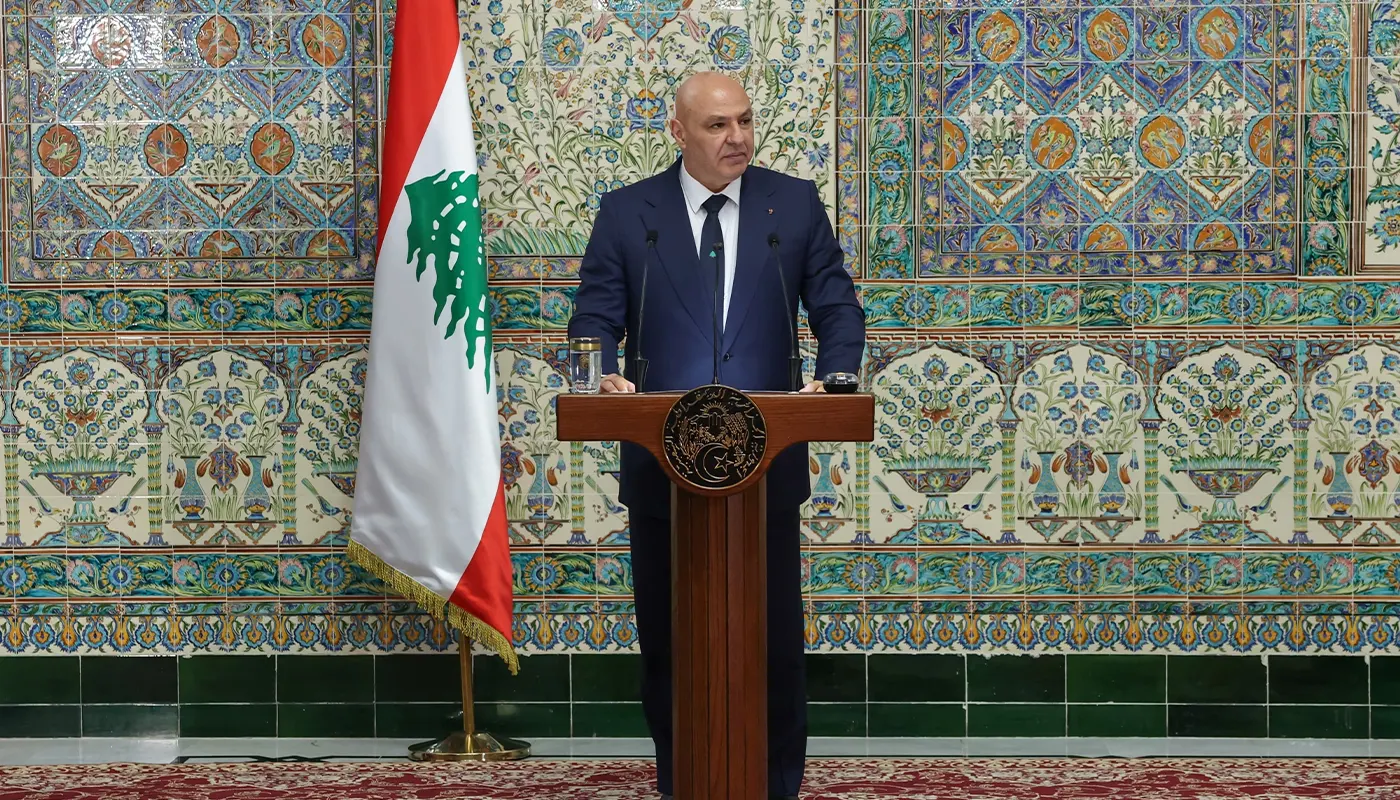BEIRUT, LEBANON — The United States is intensifying pressure on Lebanon to issue a formal cabinet decision committing to the disarmament of Hezbollah before resuming stalled talks aimed at halting Israeli military operations in the country, sources familiar with the matter told Reuters.
Washington has made it clear that without an official Lebanese government commitment, it will cease dispatching its envoy Thomas Barrack to Beirut for negotiations and will no longer pressure Israel to halt airstrikes or withdraw troops from southern Lebanon.
The ongoing diplomatic effort centres on a US roadmap proposing full Hezbollah disarmament in exchange for Israel ending strikes and pulling forces from five contested positions.
Hezbollah, designated a terrorist organisation by the US and Western allies, has publicly refused to relinquish its arsenal but has privately considered limited reductions. The group insists Israel must first stop drone strikes and withdraw troops, a demand rejected by Israeli officials.
Lebanese President Joseph Aoun has echoed Washington’s call for Hezbollah and other armed factions to surrender their weapons to the Lebanese Army, emphasizing the extension of state authority across all Lebanese territory.
Speaking on Army Day, Aoun announced plans to seek international funding of $1 billion annually for a decade to strengthen the Lebanese military and aid reconstruction efforts.
However, Hezbollah deputy leader Naim Qassem reiterated his group’s refusal to disarm, framing its weapons as vital to Lebanon’s defence and accusing disarmament advocates of advancing Israeli interests. He condemned US demands and suggested Washington’s envoy promotes Israel’s agenda over Lebanese security.
The dispute follows a fragile ceasefire last November, brokered by the US, which called for the withdrawal of armed groups south of the Litani River and bolstered Lebanese and UN peacekeeping presence. Yet ambiguity remains regarding Hezbollah’s military facilities north of the river.
As diplomatic tensions rise, Lebanese Prime Minister Nawaf Salam is reportedly preparing a cabinet session to address the US demand for a formal decision. The failure to reach consensus risks further military escalation and complicates Lebanon’s fragile stability amid deepening economic and political crises.





